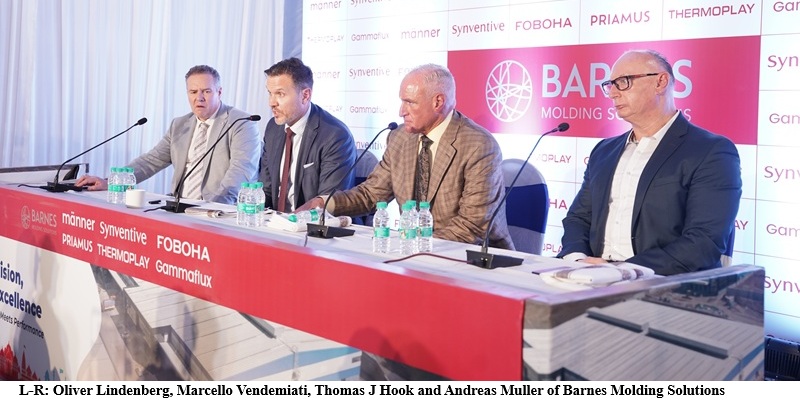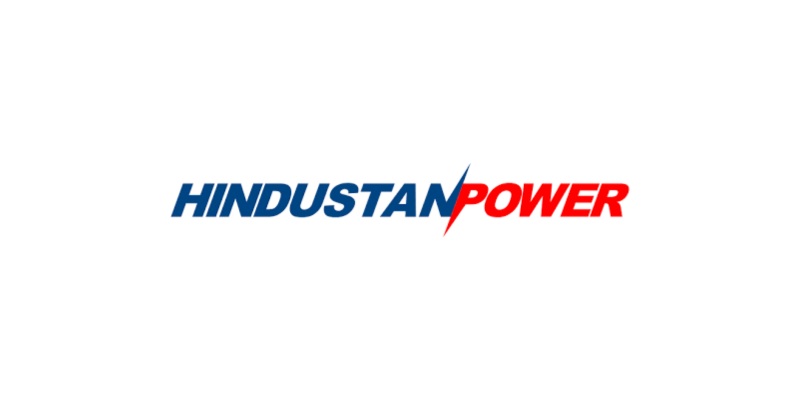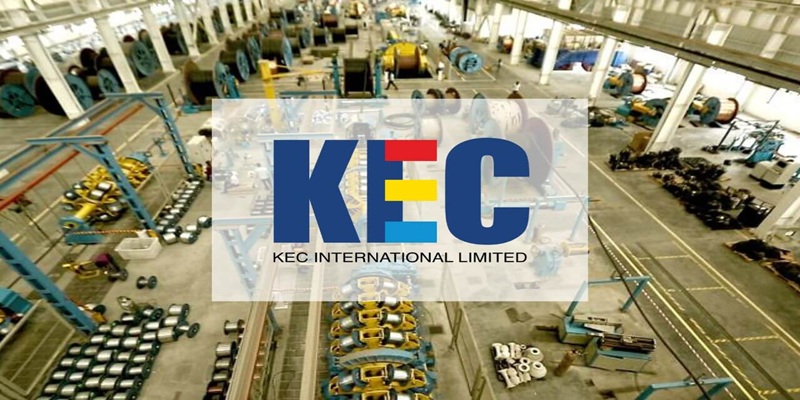Schedule a Call Back
Ricoh increases efficiency by using 3D printed thermoplastic tools
 Technical Articles
Technical Articles- Nov 01,17

Related Stories

Manufacturing to Drive 46% of Industrial Leasing by 2027: JLL
JLL forecasts manufacturing leasing to reach 34 mn sq ft across top cities.
Read more
HHV Advanced Technologies invests in EON Space Labs for imaging tech growth
HHV Advanced Technologies joins EON Space Labs as investor and partner to scale AI-driven imaging payload manufacturing and launch ultra-lightweight space telescope MIRA in 2025.
Read more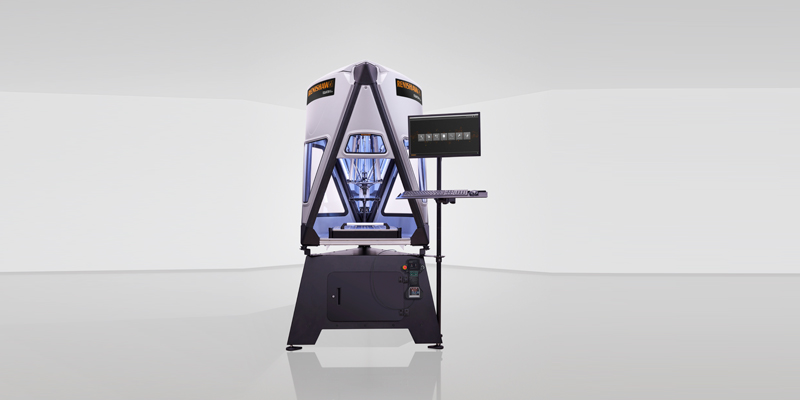
Renishaw Unveils Equator–X 500 Dual-Method Gauging System
Equator–X 500 dual-method system extends the Equator range of versatile gauges for shop floor process control, high-speed measurement and quality assurance
Read moreRelated Products

Ultrasonic Thickness Gauge
BSK
Technologies offers a digital portable ultrasonic thickness gauge, Model
TM-8810.
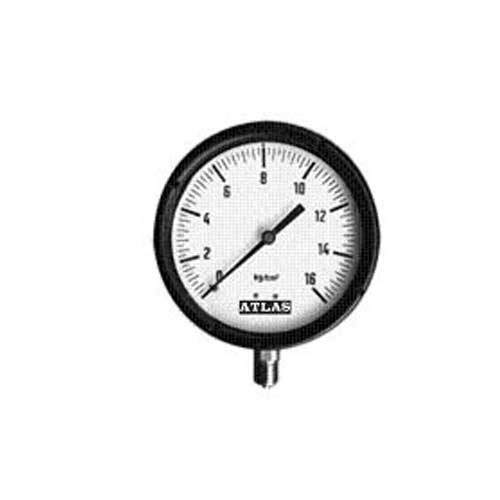
Digital Pressure Gauge
Atlas Industrial Stores offers a wide range of weatherproof digital pressure gauge.
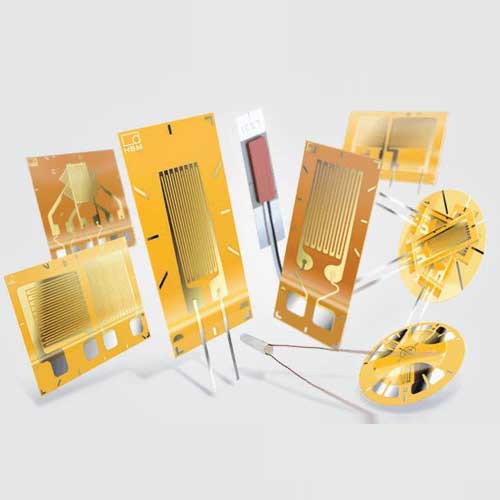
Stress Analysis Strain Gauges
HBK India (Bruel & Kjaer) offers a wdie range of stress analysis strain gauges.





